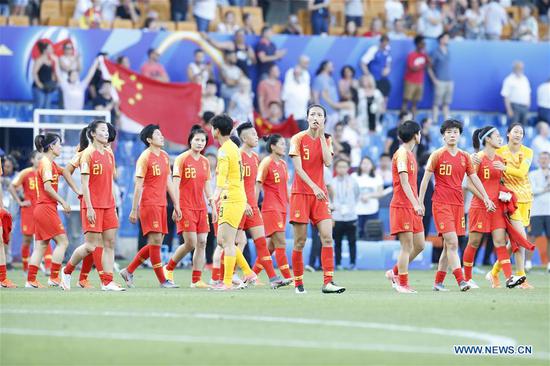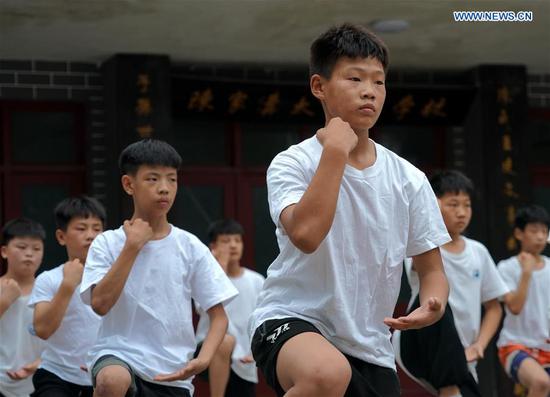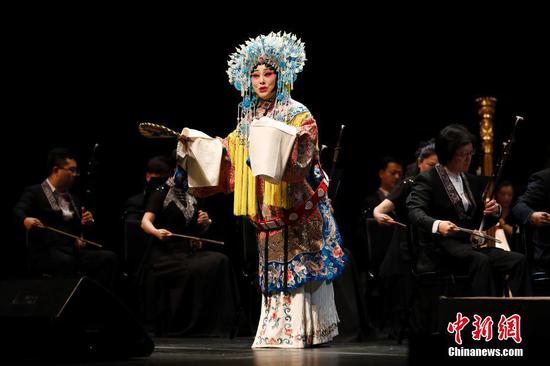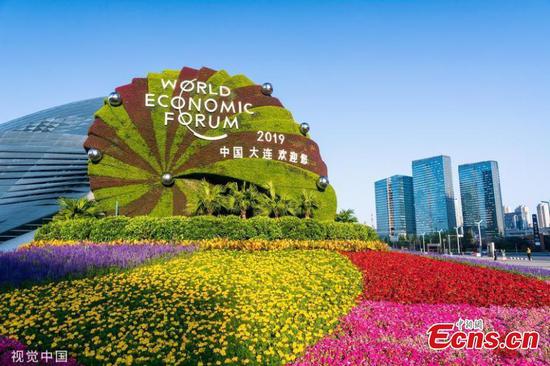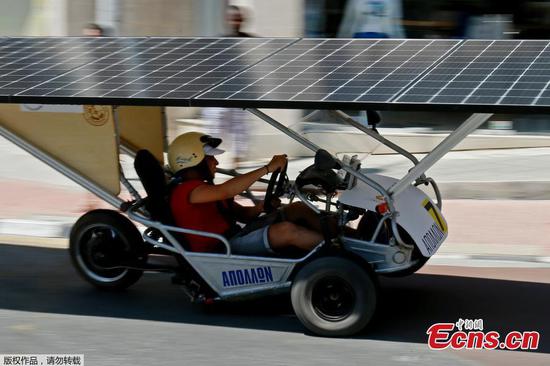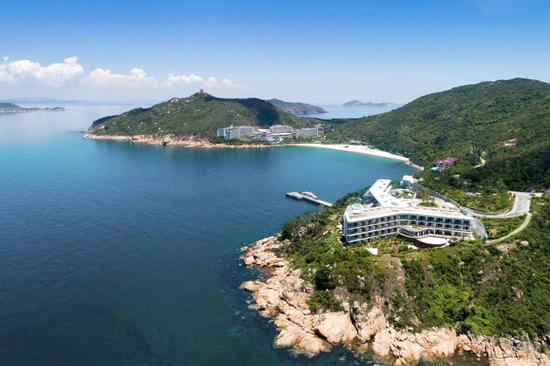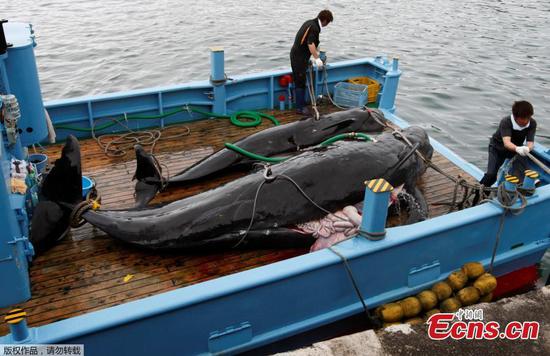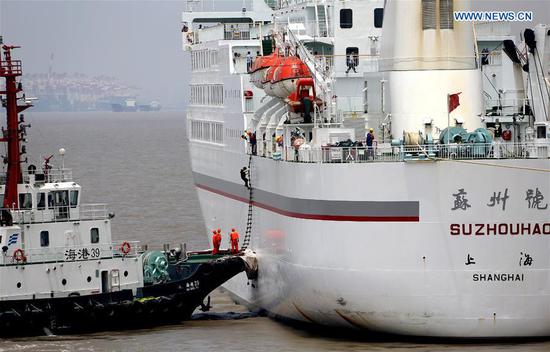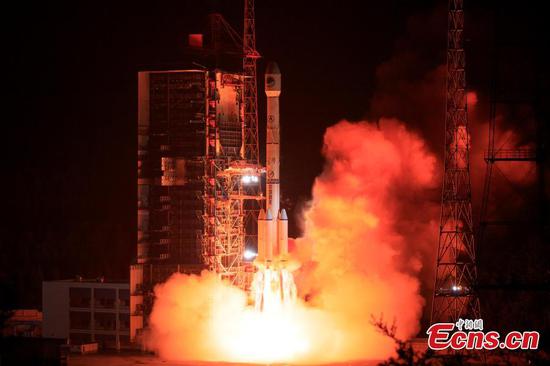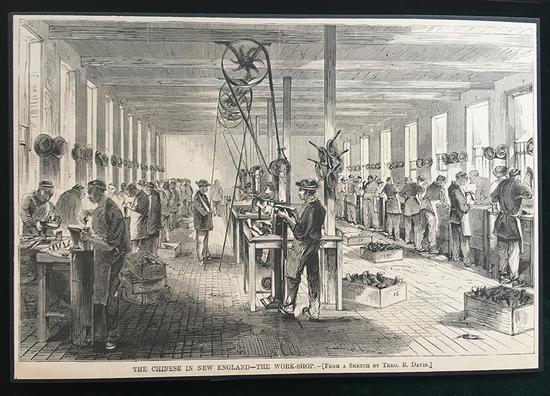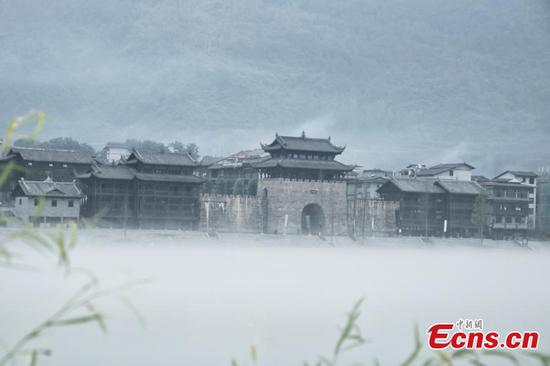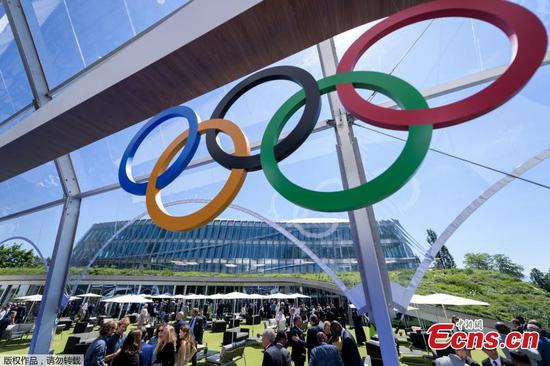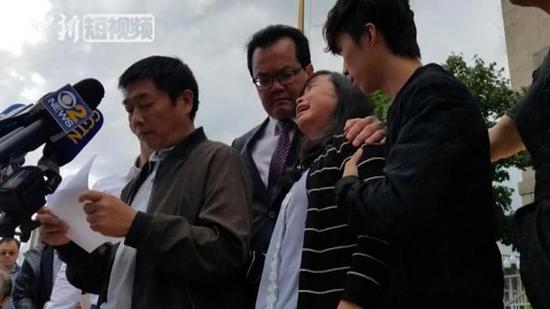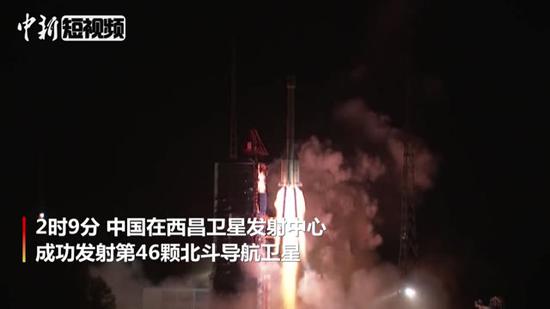Major Asian economies can combat rising protectionism: think tank
Japan should build closer ties with China amid rising global protectionism and the country will find huge markets through cooperative projects with China in third markets under the framework of the Belt and Road Initiative (BRI), Eiichi Shindo, head of the Belt and Road Initiative Japan Research Center, told the Global Times.
The interview was made ahead of the upcoming G20 Summit, which will run from Friday to Saturday in Osaka.
"Japan's excellent technologies could be utilized in many fields in cooperative efforts with China in third markets. Through closer cooperation, the two major Asian powers can both benefit," Shindo said.
During the first China-Japan Third-Party Market Cooperation Forum held in Beijing in October, 52 third-party market cooperation agreements totaling more than $18 billion in areas such as infrastructure, finance, logistics and information technology were signed between Japanese and Chinese companies.
Japanese companies have begun to understand the potentially huge market involving projects under the China-proposed BRI, as they also realized the limits of the U.S. economy and the changing fallacies of U.S. democracy under the protectionist America First policy, according to Shindo.
By joining the BRI, which highlights connectivity and inclusiveness, Japanese companies could enjoy the economic dynamism not only of Asia but also the Eurasian continent at large, including Europe. "[It's] a win-win partnership relations rather than the win-lose military alliance system of the Anglo-American global governance regime," Shindo noted.
In terms of trade, Japanese companies could also find strong demand on the Chinese side in terms of new-energy vehicles and environmental protection. The two largest Asian economies could also strengthen economic ties in the fields of health, food and agriculture, where Japan has an advantage.
In 2018, foreign direct investment (FDI) from Japan to China rose 16.5 percent year-on-year to $3.81 billion, data released by the Japanese Chamber of Commerce and Industry in China showed. China's imports from Japan rose 8.4 percent year-on-year to $143.99 billion last year, while China's exports to Japan were up 5.5 percent to $173.5 billion.
"Japan has been dependent on the strong intellectual and political influence of the U.S. for too many years…. Under the rapid and sustainable growth of China and Asia, the superiority of American power to maintain and increase Japan's wealth and security has been reversed," he noted.
Shindo said he does not expect the G20 summit to solve the escalating China-U.S. trade war, citing U.S. President Donald Trump's America First policy and the absence of diplomatic mediators to make China and the U.S. compromise halfway.
He said that China has learned the lessons of history from Japan's trap in the 1980s, when the U.S. used "hegemonic power" to thwart the rise of Japan.
"Just as Toshiba was targeted as the top electronics company in Japan by the U.S. in the 1980s, Huawei has now been targeted by the U.S. as a representative of China's technology in the field of 5G," Shindo noted, urging China to "negate American demands and create new global governance oriented toward a more fair and peaceful international regime."












